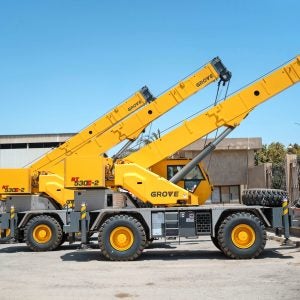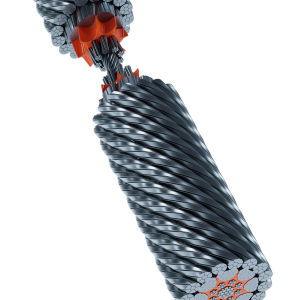Operators of tower and mobile cranes in the US state of California will have to be officially certified by 2005 under proposals being considered by the state’s Occupational Safety & Health Standards Board.
Current regulations require crane operators to be ‘qualified’ to use the equipment, but they do not define what being qualified means. The standards board wants to clarify this issue by amending T8 California Code of Regulations, Section 5006. The plan is to write a new section, 5006.1, that would apply to mobile and tower cranes with booms of 25ft (7.6m) or more and lifting capacities of 15,000lb (6.8t) or more.
Mobile Crane and Tower Crane-Operator Qualifications and Certification, Section 5006.1 would require employers to allow only operators with a valid certificate of competency issued by an accredited certifying entity to operate mobile or tower cranes.
As well as as written and hands-on tests, operators would also have to pass physical tests and drug screening. Certificates would have to be renewed every five years only. Operators with a documented 1,000 hours in the seat would be exempted from the hands-on test.
Cal-OSHA principal engineer Michael Manieri said: ‘What is noteworthy here is that the employers affected by the proposal would have two basic options to comply with the regulation: they could become a certifying entity themselves (develop their own tests and get them accredited by NCCA) and administer the exam to the crane operators; or they could send their operators out to an accredited certifying entity of their choice such as the National Commission for the Certification of Crane Operators (NCCCO).’
The proposal was developed with the assistance of the Crane Operator Qualifications/Certification advisory committee consisting of individuals representing labour, management, and Cal-OSHA.
The proposal will be discussed at a public hearing called by the board in Sacramento on 12 December. This meeting marks the end of a 45-day consultation period. There has been broad support for the measure so far.
Manieri added: ‘Given the time frame involved with the rule-making process and the proposed effective dates, we believe the proposal could become effective by 1 June 2005.’






